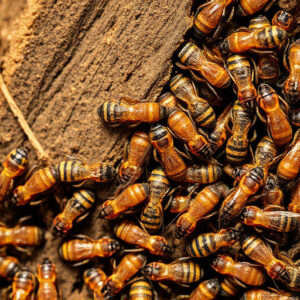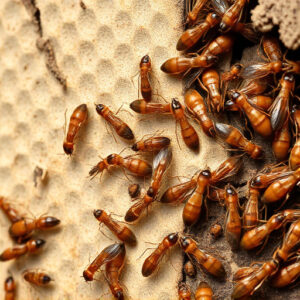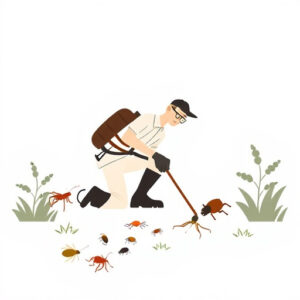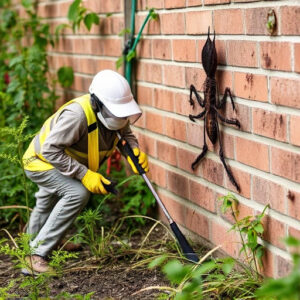Termite Prevention in Marana: Climate Impacts & Control Strategies for Tucson Homes
In Marana, Arizona's variable climate, termite activity fluctuates with seasonal temperature an…….
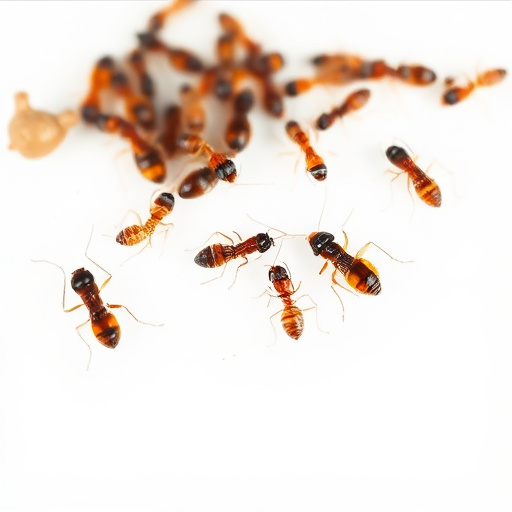
In Marana, Arizona's variable climate, termite activity fluctuates with seasonal temperature and humidity changes. Warm, moist spring-to-fall conditions thrive Western Subterranean Termites and other species, making proactive prevention crucial. Homeowners and termite control Tucson professionals should implement measures like proper irrigation, drainage, regular inspections, sealing entry points, and targeted treatments to combat seasonal variations in termite behavior.
In Marana, Arizona, understanding how climate shapes termite behavior is crucial for effective prevention. This region’s unique environmental conditions directly influence the patterns and intensity of termite infestations. This article explores the intricate relationship between climate and termite activity, focusing on seasonal changes that impact these pests. We will delve into proven strategies for termite control in Tucson homes, offering insights to help residents protect their properties from these relentless invaders.
- Understanding Termite Behavior in Marana's Climate
- The Impact of Seasonal Changes on Termite Prevention
- Effective Termite Control Strategies for Tucson Homes
Understanding Termite Behavior in Marana's Climate
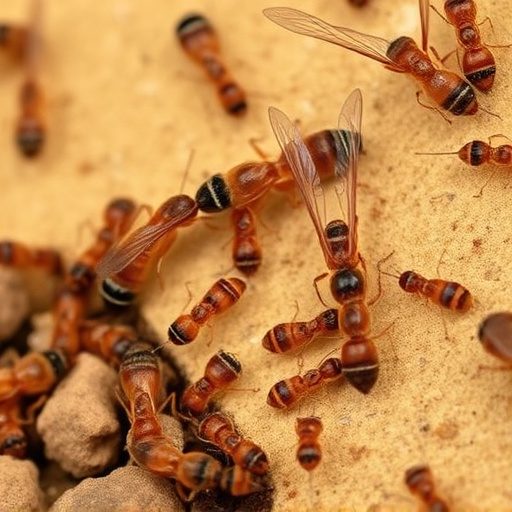
In Marana, Arizona—known for its warm, dry climate—termite behavior is significantly influenced by seasonal temperature and humidity fluctuations. Termites are less active during cold months but thrive in the warmer, moist conditions that often occur from spring through fall. Understanding these patterns is crucial for effective termite prevention in the area. The dry heat of Marana’s desert environment naturally discourages some termite species, but persistent high temperatures and occasional rainfall can create favorable habitats for others.
Termite control Tucson specialists note that certain species, like the Western Subterranean Termite, are particularly common in this region. Their nesting habits often involve underground burrows that stay consistently humid, making them less affected by dry spells. This knowledge prompts homeowners to take proactive measures, such as maintaining proper irrigation and ensuring drainage systems function effectively, to minimize potential moisture build-up that could attract termites.
The Impact of Seasonal Changes on Termite Prevention

In Marana, seasonal changes play a significant role in termite prevention strategies for homeowners and professional termite control Tucson services. The region’s unique climate experiences distinct seasons, each presenting different challenges for protecting against termites. During the warmer months, when temperatures rise, termites become more active as they search for food sources. This increased mobility means that preventative measures like regular inspections are crucial to identifying potential infestations early. Termite control experts in Tucson often recommend enhanced monitoring during these periods to ensure any signs of termite activity are caught promptly.
As the seasons shift towards autumn and winter, the scenario changes again. Cooler temperatures slow down termite activity, but they don’t stop it entirely. Termites remain active underground, and their colonies continue to grow. In this phase, maintaining a robust barrier against termites becomes even more important. Homeowners can contribute by sealing entry points and cracks around the property, while professional services might employ additional treatments to create a protective layer that withstands seasonal fluctuations.
Effective Termite Control Strategies for Tucson Homes
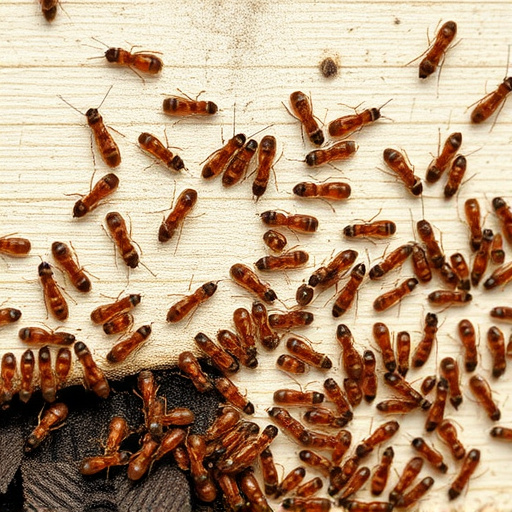
In conclusion, understanding how climate influences termite behavior in Marana is key to effective termite control. Seasonal changes play a significant role in their activity, making proactive measures essential for homeowners in Tucson. By implementing tailored prevention strategies, such as regular inspections and targeted treatments, residents can safeguard their properties from these persistent pests. Termite control Tucson services should be accessible and adapted to the local climate, ensuring homes remain protected against these wood-eating insects.
